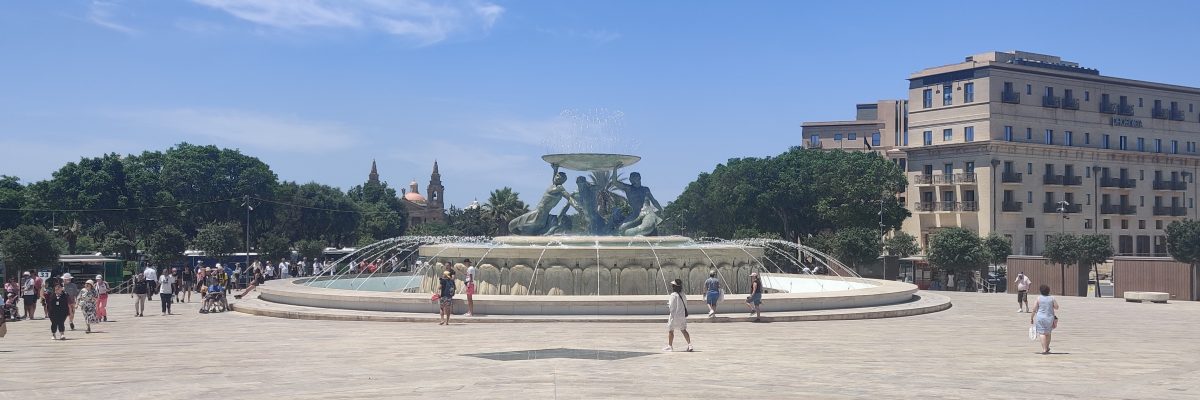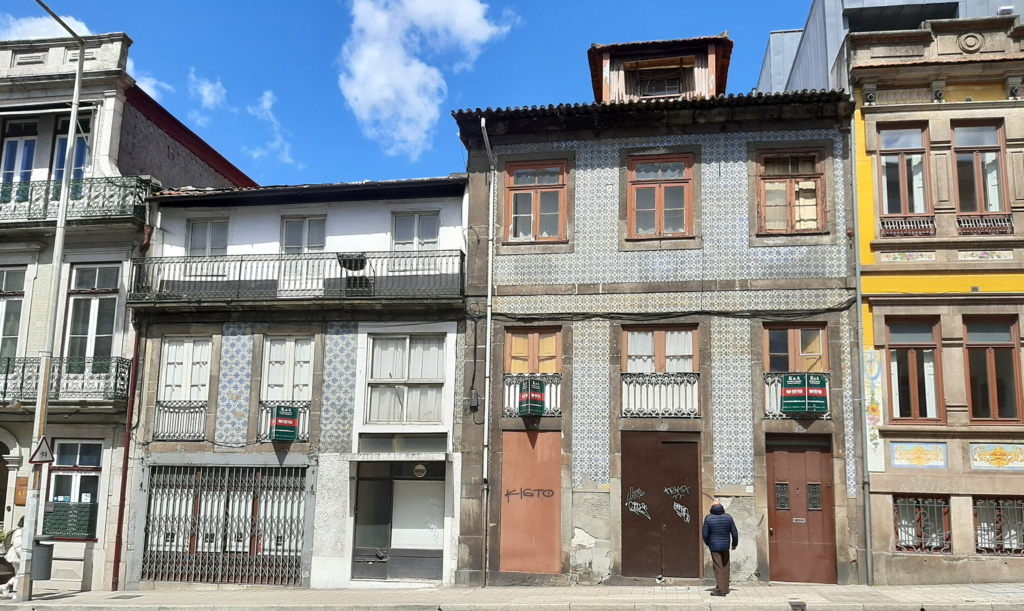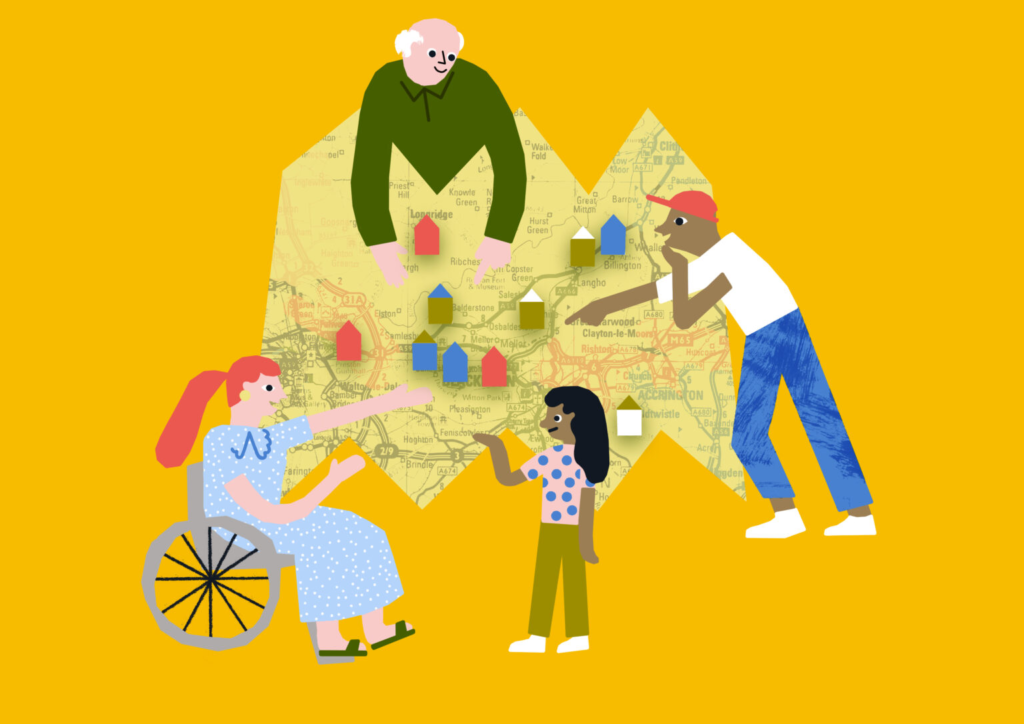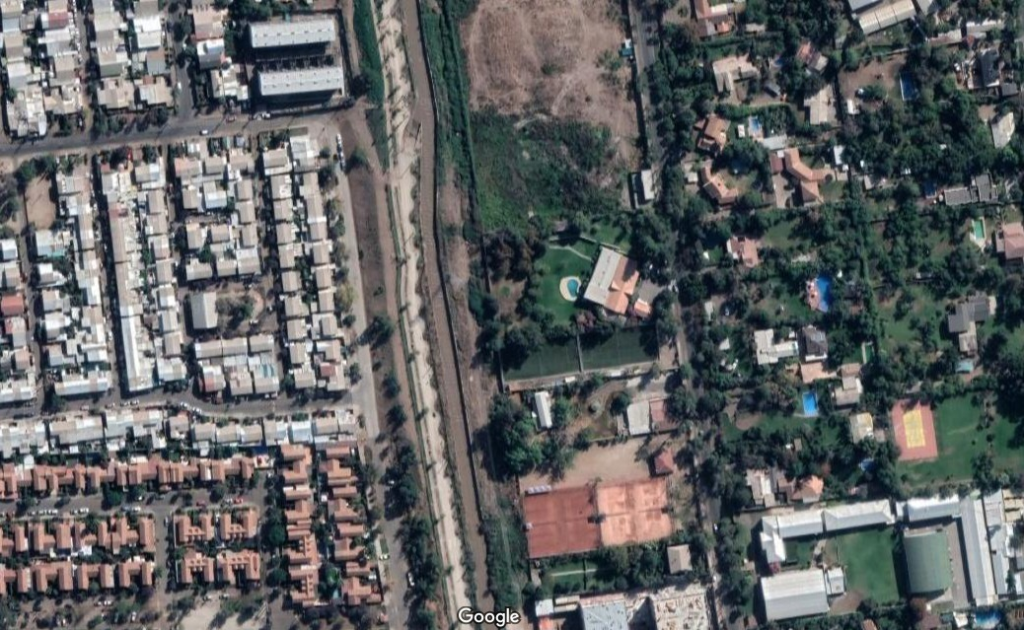City Know-hows

Target audience
Urban planners and architects, policy-makers and local government, public health practitioners, and the public!
The problem
The presence of water features in urban environments are important for human health and wellbeing and arguably have a greater role in densely built-up environments. The lack of maintenance of fountains and public squares may cause feelings of stress and anxiety to citizens. There is currently little research that explores the connection between conservation and maintenance of water features in urban places and the relationship with people’s health and wellbeing.
What we did and why
This study draws on qualitative in-depth interviews with regards to a restoration project of a water feature which is located at the entrance of the city in Valetta, the capital city of Malta. The research explores the role of the Triton fountain and square before and after its restoration and conservation to understand its potential influence as a therapeutic blue urban space.
Our study’s contribution
Citizens find nature-like architecture of urban water features supportive for their wellbeing through:
Interaction that enables a connection to nature and place,
Managing potential stress and anxiety by providing a place to cope with an urban heat island environment, chaos, danger, noise, and pollution,
Aesthetic attributes and recalling memories of place before restoration which can help provide a therapeutic environment.
Impacts for city policy and practice
The findings highlight the potential of urban water features to provide a therapeutic environment for citizens. Planners and urban developers could consider the investment in restoration of architectural design of urban water features as an intervention to support citizens health and wellbeing as part of planned therapeutic blue urban spaces.
Further information
Not available.
Full research article:
Related posts

Gentrification is reshaping cities worldwide. It has both upsides and downsides for older adults, including rising costs, housing scarcity, weakened social ties, and mental health issues.

How can community consultations in planning be more effective, inclusive, and be ready for the post-pandemic era? Results from the project Community Consultation for Quality of Life find that participation in consultation can lead to increased wellbeing for individuals and communities.

Residential segregation by socioeconomic status in Chilean cities is not well described by classical dimensions developed in USA in terms of race. We suggest that